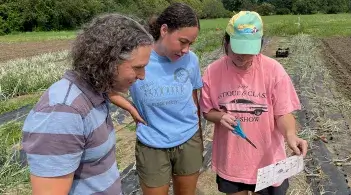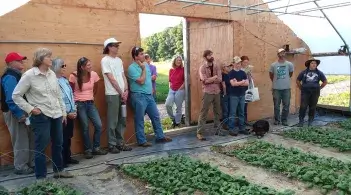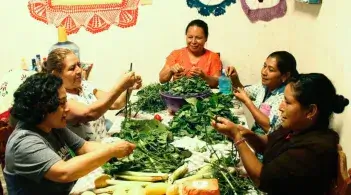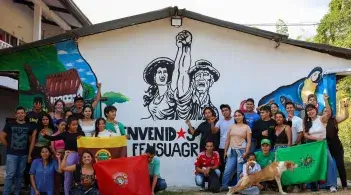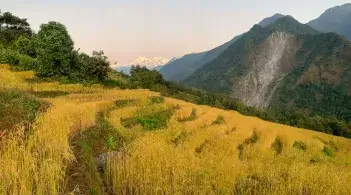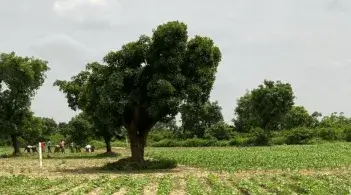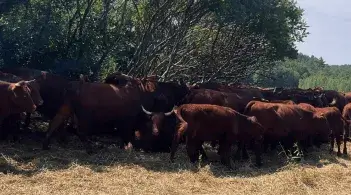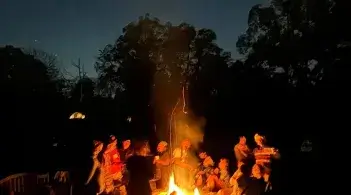Research: Digging Deep to Better Understand Agroecology
The Institute for Agroecology leads and facilitates transdisciplinary and participatory research that examines the root causes of food system crises and that develops alternatives. Our research centers social learning and works with diverse networks of diverse actors to integrate science with local and Indigenous knowledge and inform practice and policy. By weaving these knowledges together, we work together to generate new solutions and to catalyze transformations. The Institute both leads signature research programs as well as supports faculty-led (see small grants program), community-led, and student-led (see PhD student pages) research from across and beyond UVM.
Our work tackles several of the most urgent societal challenges including: The biodiversity crisis, climate crisis, global inequity, Food and nutrition insecurity and planetary (un)health. We aim to drive forward knowledge, evidence and innovation in food systems transformation through our writing and publishing. Please click through below to read about our programs, projects and to view our publications
